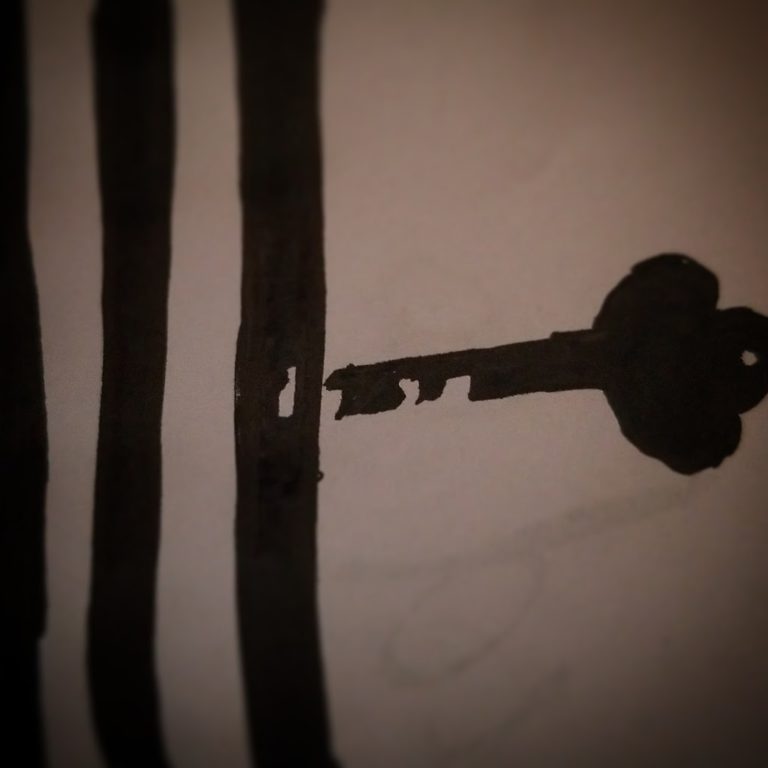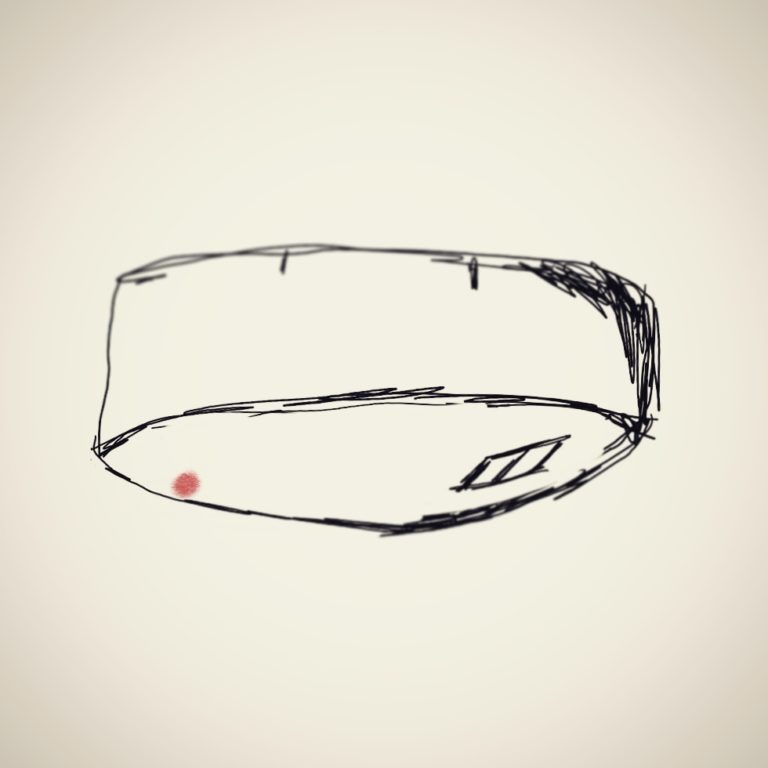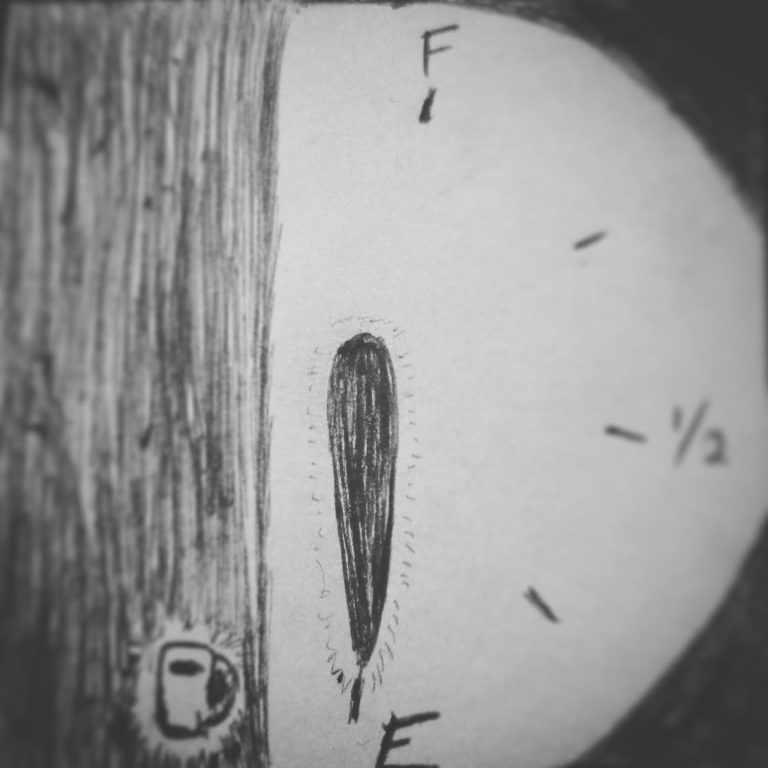Five Forgiveness Myths

“To forgive is to set a prisoner free and to discover that the prisoner was you.” ~Lewis B. Smedes Everyone has experienced hurt at some point in their life. These hurts can range from deeply traumatic to minimal, but everyone…



